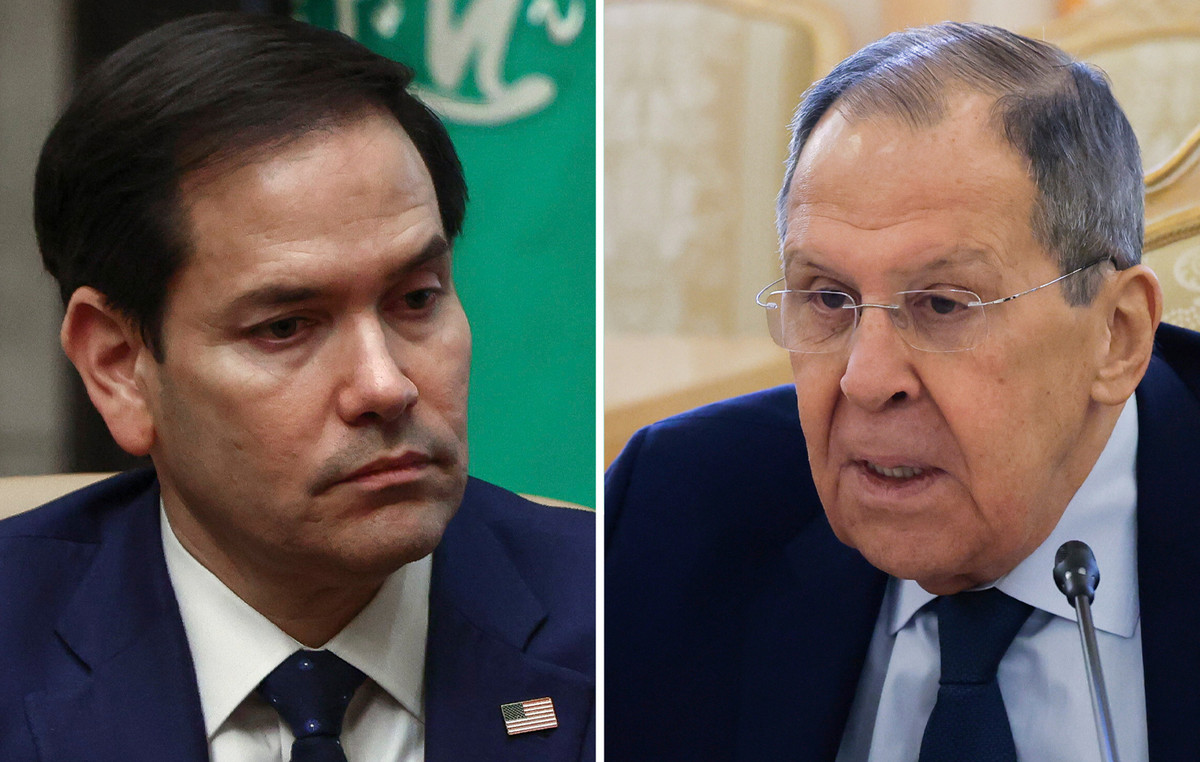The bill, submitted to the lower house of parliament in March of this year by a group of deputies and senators led by Anatoly Aksakov, will be considered in the first reading on October 15. If passed, the bill will take effect on January 1, 2025.
The document proposes to assign to the Bank of Russia the obligation to regularly carry out anti-money laundering measures. All users of the digital ruble, except for credit institutions, will be divided into three risk groups for making suspicious transactions.
The Central Bank will be obliged to transmit information regarding transactions with the digital ruble to Rosfinmonitoring. If a request is received from Rosfinmonitoring, the Central Bank will have to refuse to enter into an agreement with companies and individual entrepreneurs classified as high risk.
The bill will give the Bank of Russia the right to refuse clients to carry out transactions with digital rubles if the platform operator suspects that the funds were obtained as a result of criminal activity or are intended to finance terrorist groups.
Blocking decisions can be appealed. The complaint will first be considered by the platform operator, and, if necessary, by an interdepartmental commission, which includes the Federal Customs Service, the Business Ombudsman, public organizations and banking associations.
Earlier, the Bank of Russia announced the deadlines according to which the digital ruble would be introduced into the financial system. Companies with annual revenue of more than 30 million rubles will be required to accept payments in digital rubles from July 1, 2025.
Source: Bits
I am an experienced journalist, writer, and editor with a passion for finance and business news. I have been working in the journalism field for over 6 years, covering a variety of topics from finance to technology. As an author at World Stock Market, I specialize in finance business-related topics.







